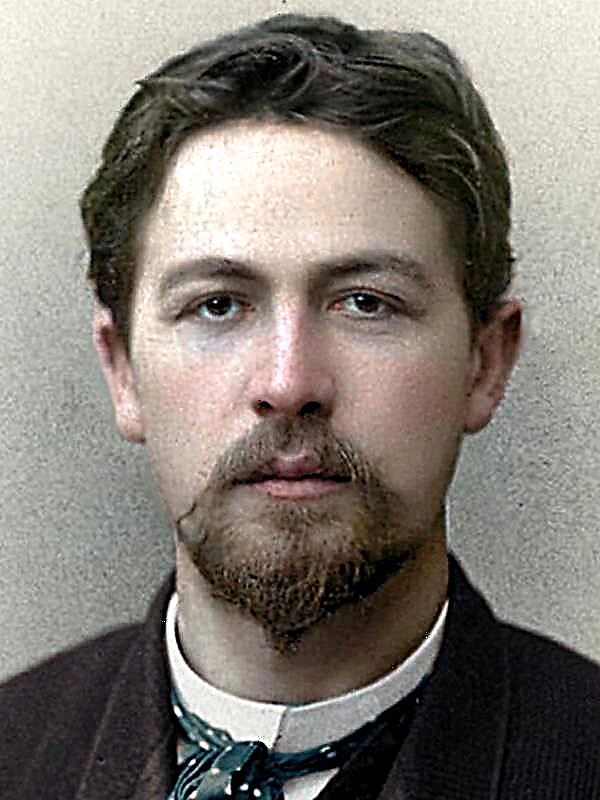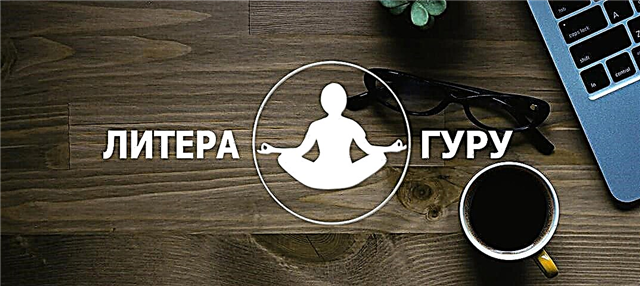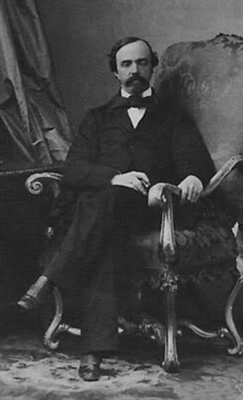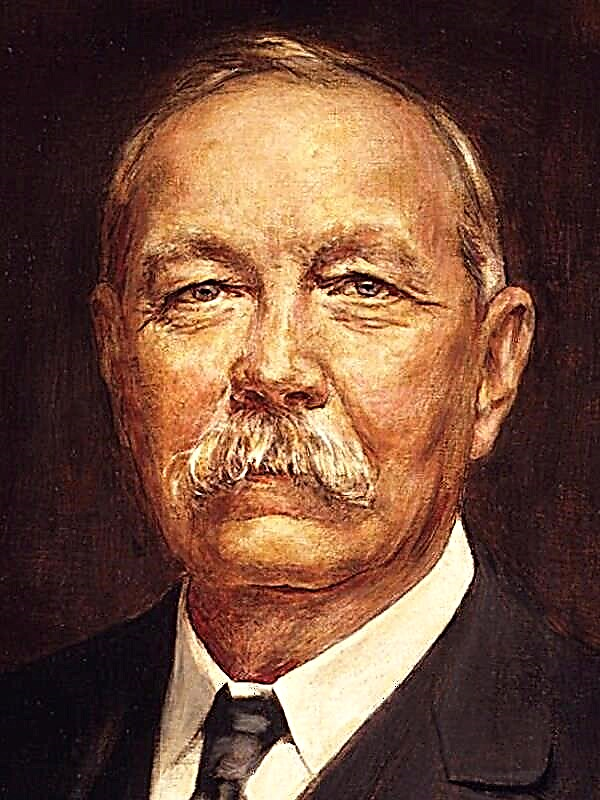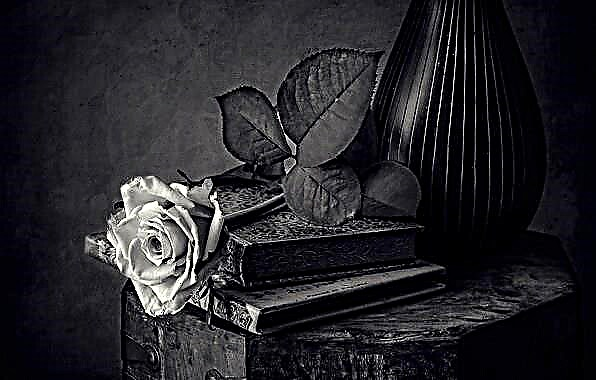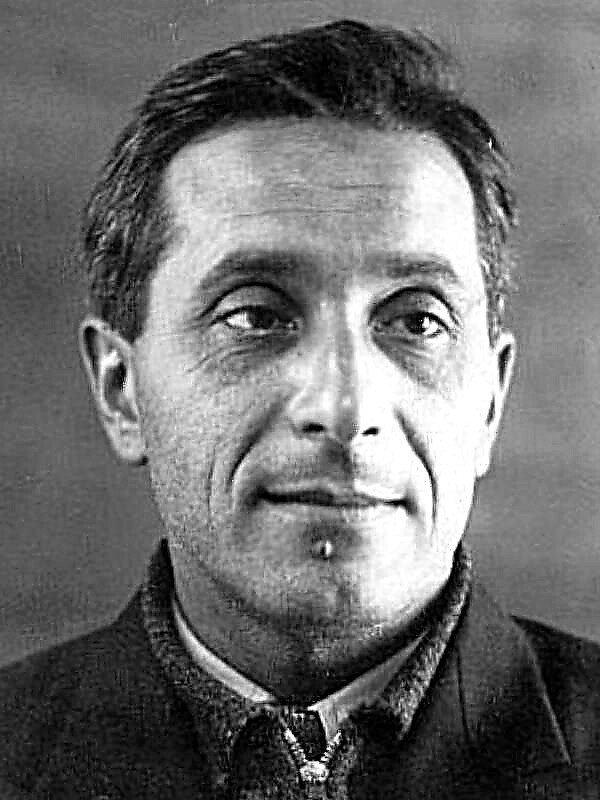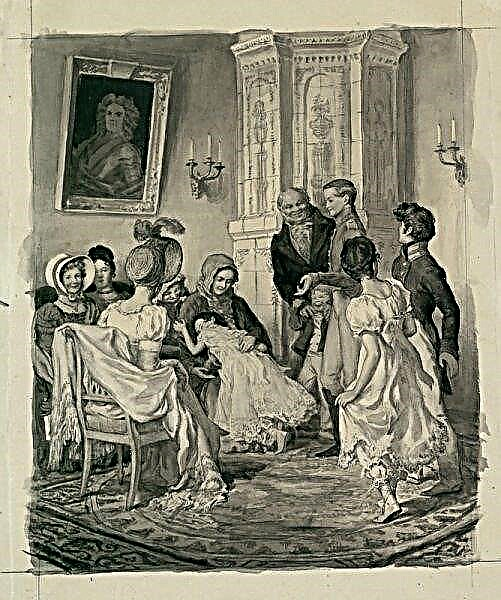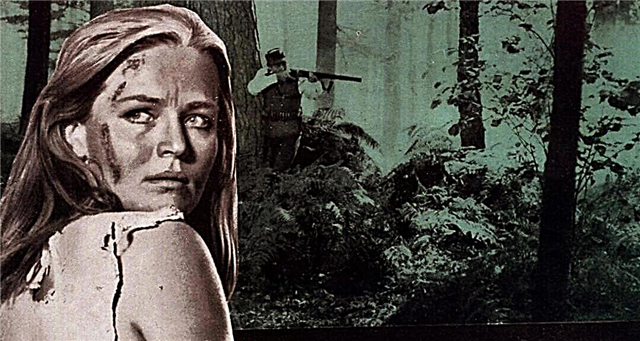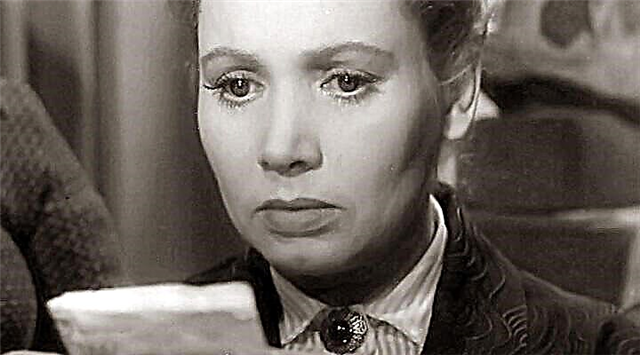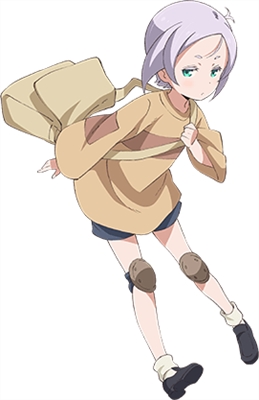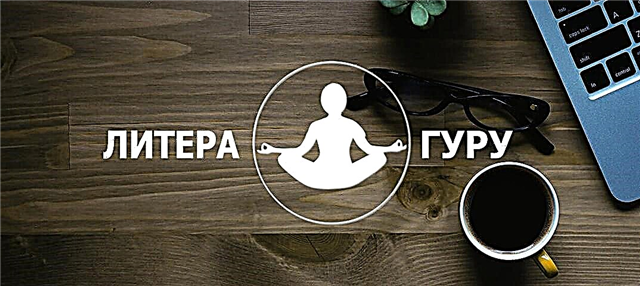Konstantin Nikolaevich Batyushkov, to the great surprise of the writers, turned out to be the author whose legacy is not "in the ears". Of course, Pushkin, Lermontov, Tyutchev, Yesenin gained greater fame in modern society, but this does not mean that the poetry of Batyushkov is less professional or superficial. This poet must be respected, first of all, for his severity - he never once deviated from his own ideal of creating a poetic Text, which should be discussed separately.
History of creation
The poem "My Penates" was written by the author in the period 1811-1812, at that time a rather mature poet (at that time Batyushkova was 24 years old) was in the estate of sisters, in Khantanovo. Being away from St. Petersburg, Konstantin Nikolaevich was drowning deeper and deeper in a feeling of loneliness, he began to recall more and more often the enlightened intelligentsia of the big city and literary evenings in the company of poets like him.
Due to overwhelming feelings, which are easily fashionable to compare with easy nostalgia, Batyushkov begins to write a poem addressed to the famous authors of that time - Karamzin, Zhukovsky, Vyazemsky, Dmitriev. Other names are also present in the work, but Batyushkov refers precisely to these authors, because he attached this poem to letters that he sent to all 4 personalities.
Genre, direction and size
This poem should be distinguished from the mass of lyrical works by Konstantin Nikolaevich, because “My Penates” is a peculiar embodiment of the ideal of the tradition of the Russian message. Batyushkov, one might say, showed the whole Russian literary world how the message should be built, so the genre of the poem will be determined by itself.
Speaking about the direction of the poetry of Konstantin Batyushkov, it is worth noting that the poet most often turned to philosophical lyrics, posed the questions to which it is simply impossible to find an answer - the meaning of life, its transience, the nature of emotions and feelings. In addition, this work is anacreontic. That is, it abounds in references to ancient Greek culture, philosophical motifs, and images typical of ancient Greek mythology.
It is also worth mentioning separately that Batyushkov almost always wrote iambic in the poetic size. The author himself said that the size of the poet chooses that only one poetic size is able to convey the voice of the writer.
A distinctive feature of Batyushkov is the veracity of the narrative: “Live as you write and write as you live. .. ".
Images and Symbols
The system of images and symbols in this poem is very complex. Due to the rather large volume, each of the images is presented in great detail.
- Images of an idle and creative life. The magnificent and magnificent life is ridiculed by the lyrical hero who expresses an author's position. Everyday existence, indivisible with difficulty, not gray and plain, it is real! Each person, according to the writer, should fill his being with meaning, and not with lazy living on silk pillows. He renounces wealth, choosing a modest cell where inspiration comes from.
- Also plays an important role in the poem. image of a dark haven, home to the Epicureans. The author specifically assigns “dark corner” to epicureism, thereby showing his dissatisfaction and disagreement with the main theses of this philosophical doctrine - “personal comfort is above all.” The poet likes an ascetic lifestyle, where there is nothing superfluous.
- Images of true friends (Zhukovsky, Dmitriev, Karamzin, Vyazemsky). The theme of friendship and banal earthly happiness from meetings in family is a red thread through the poem, because the genre of the lyrical work itself asks for it. These are cheerful young people with whom the hero feels a spiritual kinship. They are talented, kind and smart.
- It’s impossible not to focus on the fact that bi-peace it feels very good in the poem through the use of all kinds of references and images from the real world (tablecloths, tables, rooms and ordinary people) and antique (geographical objects - Permes, Helikon and the ancient names of the gods - Harit, Bacchus).
- Very important way is image of lyra - women muses, it is she who forces the lyrical hero to think about the essence of idle life.
- Lyrical hero - a poet who is in a joyful mood, he is filled with energy and creative impulse. He talks about his principles, worldview, and also shares a recipe for creative activity.
Themes and Issues
- Philosophical theme. The lyrical hero leads a dispute with the “crowd” of Epicureans, trying to prove that the true values of life are not in comfort and gloss, but in love, friendship, creativity.
- Theme of creativity. The lyrical hero is a poet living in poverty and asceticism. It is such a hero that reflects the author’s consciousness. It is necessary to live in moderation and modesty, only then the muse will come to the house and show the way to achieve the most daring goals. No one should distract the creator, he is obliged to think about his high destiny, and not relish the luxury.
- Friendship theme. Only the support of congenial people can ensure a creative upsurge, tear the poet out of heavy thoughts, and direct him on the right path.
The author divides 2 worlds of "guests" with 3 distinctive steps.
- At the first step are the gods and muses. They are a symbol of reasoned idle life, to which there is no objection, because they are higher than the average person, they are patrons and sovereigns.
- Stage 2 - ancient poets, representatives of an inexplicable luxurious and chic lifestyle. The lyrical hero does not try to talk about any vices of Horace and Pindar, he only argues that he simply does not need such a fate.
- Stage 3 - Russian writers and the main characters at the same time - Zhukovsky, Dmitriev, Karamzin, Vyazemsky. For the lyrical hero, the world of Russian literary society is closer than the world of antiquity. If in the past he sees a lot of comedies - a “dull sword” for battle, torn clothes, then in the company of friends to whom the poem is dedicated, there are no notes of comic.
Main idea
The main idea of the poem is to prove that the true joy of life in earthly and ordinary things, for which you should not spend money, live in luxury and gold. All that really can be dear to man is life, in all its manifestations. The author encourages readers to see the meaning of being in everyday things - in friendship, in love, in creativity.
It may seem that the poem is overly didactic in nature, but this is not entirely true, Batyushkov very skillfully circumvents the moment when he, as the author, must take this or that side. Each person chooses his own destiny.
Means of artistic expression
This poem is replete with visual expressive means, consider numerous epithets and metaphors.
The author says that love and friendship fill the “heart with quiet heat”, metaphorically describing the strength of these feelings and their warm, calming effect on a person. "Witness of the glory and vanity of the world" - a man who is simultaneously free to live in glory and in gray everyday life, a true lucky man. The expression “go to dust” is filled with special imagery. The author talks about this in the context of the Epicureans, giving them a short life and a quick transformation into dust.
In this poem there is a huge amount of means of artistic expressiveness, it takes a long time to list everything, so if you need something specific, write about it in the comments and add.

